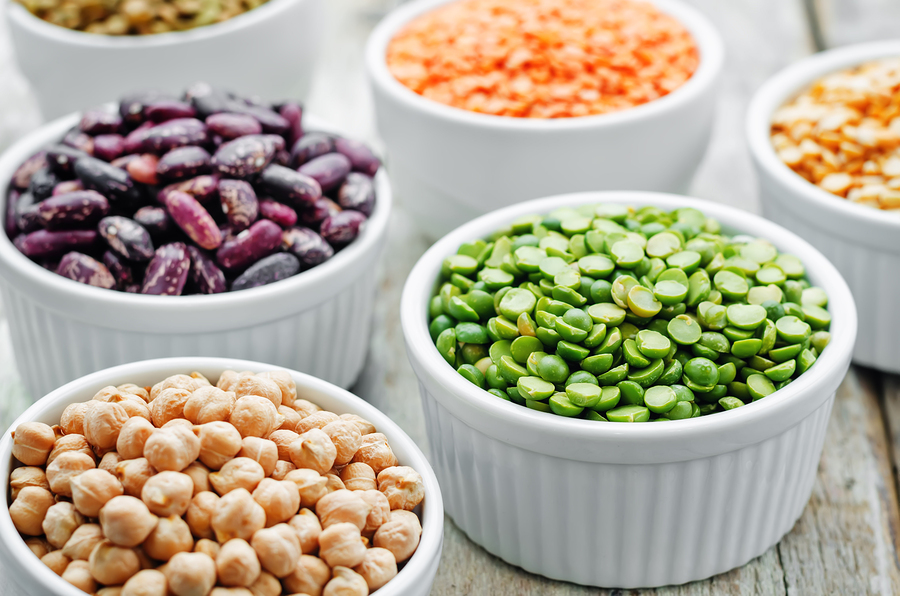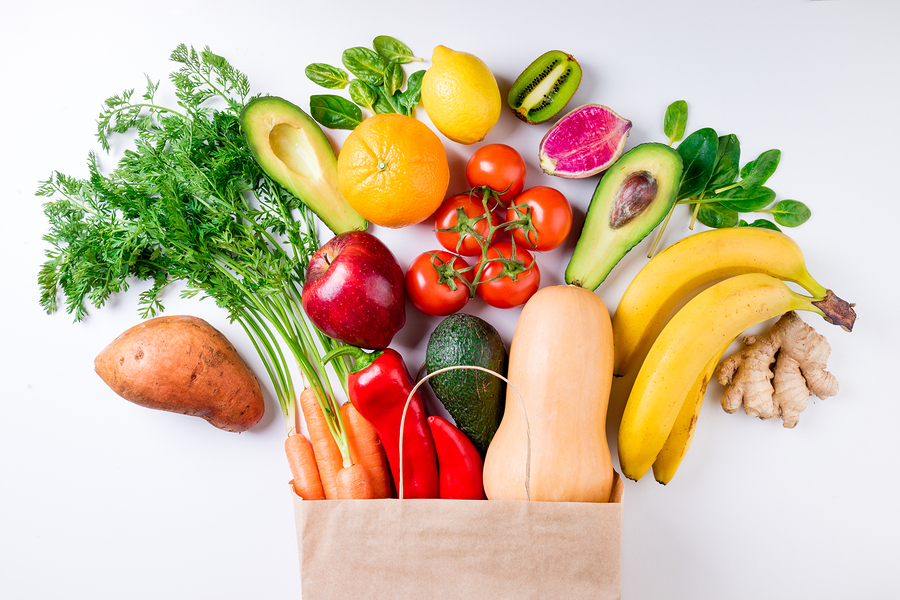Should you be eating more plant-based?
Yes, probably! It can make you healthier and happier. (No rabbit food required)
If, up until now, you’ve regarded the concept of plant-based eating as a fancy way of referring to vegetarianism, it’s time for a rethink. In fact, the term describes a phenomenon that’s gearing up to be the can-do food trend of the decade, due to the health benefits and fit-any-lifestyle flexibility. Plant-based eating – that’s basing your diet around pulses, legumes, nuts, vegetables and fruit – may mean eating a vegan diet until dinnertime, or you could go veggie five days out of seven, or simply commit to meat-free Mondays.
The power of plants
‘People increasingly understand that a healthier diet involves upping their intake of plant-based foods,’ says nutritionist and medicinal chef Dale Pinnock (dalepinnock.com). He isn’t the only industry insider who’s aware of the shift. ‘More and more of my patients are becoming semi-vegetarian, cutting out meat and poultry, but still eating oily fish and eggs,’ says Dr Marilyn Glenville PhD, a nutritionist specialising in women’s health (marilynglenville.com).
And there’s good reason for it – the savings on your weekly shop (veggie meals are, on average, 60% cheaper than meaty dishes), less guilt about the environmental impact (farms breeding animals for meat and dairy produce 14.5% of global greenhouse gas emissions) and, of course, the added health benefits. ‘There is increased awareness about the association of meat with certain cancers, such as colon cancer,’ says Priya Tew, a British Dietetic Association-registered dietitian. Red and processed meats are high in saturated fat, calories and cholesterol, and are linked to conditions such as obesity and diabetes, while the risk of breast cancer rises the more red meat intake increases, according to a study of nearly 90,000 US women.
Eat veg, live longer
As far as Pinnock is concerned, it’s simple. ‘Switching to a more plant-based diet gives you an opportunity to take in a broader spectrum of nutrients and phytochemicals that can have a beneficial effect on your health,’ he explains. But does going increasingly meat-free mean that we’ll miss out on all-important protein, or vital minerals such as iron? In short, the answer is no. ‘You won’t be deficient if you eat a good variety of grains, pulses, nuts, fruit and vegetables,’ says Glenville.
When it comes to health benefits, the evidence speaks for itself. ‘A study of 60,000 men and women found that the more fruit and vegetables people ate, the less likely they were to die of cancer, heart disease and stroke at any age,’ says Glenville. ‘The findings are incontrovertible: the more veg you eat, the better your chances of living a long, healthy life.’ An Oxford University study also found that eating meat no more than three times a week and replacing it with plant-based foods would prevent 45,000 early deaths a year in the UK. So give your diet an extra boost. Far from restricting what you eat, you’ll find stacks of health-boosting alternatives that are kinder to the planet, too.
Ensure your plant-plus diet provides the nutrients you need

Pulses
IRON
Essential for energy, digestion and nerve function Swap red meat for dried fruit, peas, lentils, beans, dark green leafy vegetables, sesame seeds, nuts and tofu.
VITAMIN B12
Needed for red blood cell formation and neurological functions. If cutting down on meat, fish and dairy, take a supplement to be on the safe side.
CALCIUM
Crucial for healthy bones and teeth. ‘Dairy-free foods and drinks are often fortified with calcium – just check the label,’ says Tew. Also eat green veg, nuts or seeds.
Find more great health, lifestyle and fitness content in healthy magazine and at healthy-magazine.co.uk
Originally written by Laura Potter for healthy magazine
Latest posts by healthy Magazine (see all)
- The five best easy moves to stay fit at any age - June 28, 2021
- How to have glowing skin in your 50s - June 1, 2021
- Should you be eating more plant-based? - May 5, 2021
- Four things that could be causing your thinning hair - March 29, 2021
- What type of headache do you have? - March 1, 2021






















